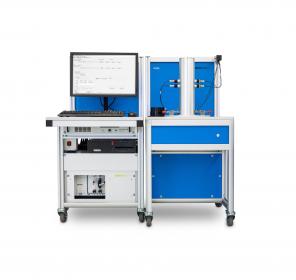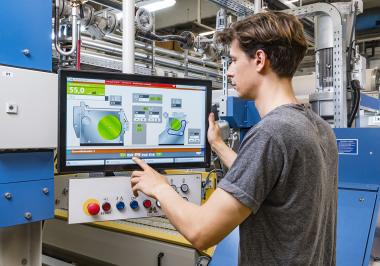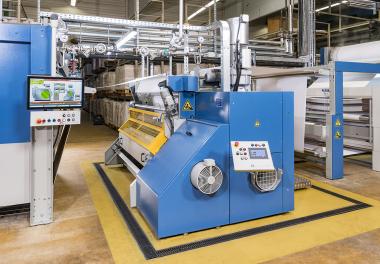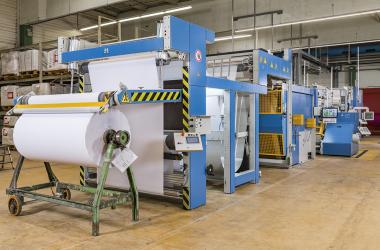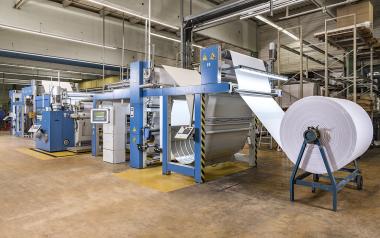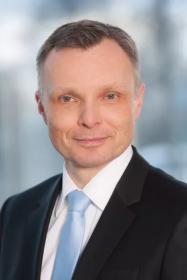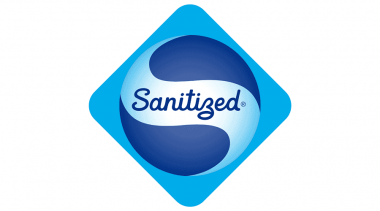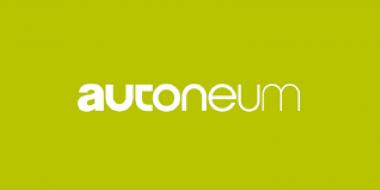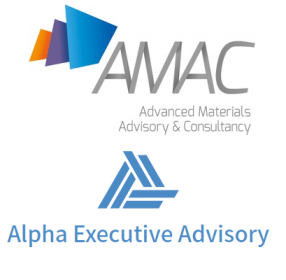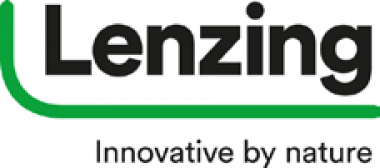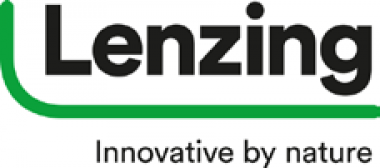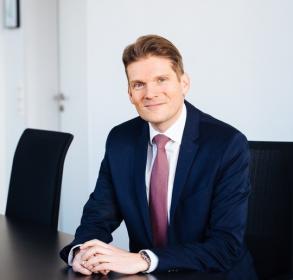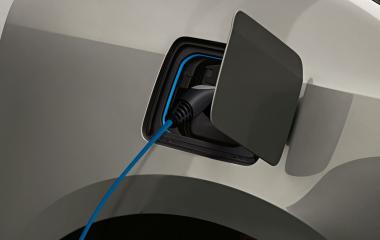ATLAS: cutting-edge technology for sustainable vehicle acoustics
For more than 50 years, vehicle manufacturers have relied within their model development on Autoneum’s measuring systems for vehicle acoustics. With ATLAS, Autoneum has now added another particularly powerful device to the portfolio: Thanks to the efficient and reliable measurement methodology, noise-reducing vehicle components and materials can be analyzed and developed faster and with a significantly lower need for resources in the future.
With the ongoing electrification of vehicles and trends like autonomous driving, future car generations will no longer be used solely for transport – remote working and recreation will equally play a key role. This requires a vehicle interior that is as noiseless as possible. In order to identify and insulate potential internal and external sound sources already in the pre-development of new models, car manufacturers around the world rely on Autoneum’s highly specialized measurement tools. The newly launched ATLAS – short for “Airborne Transmission Loss Analysis System” – measures the acoustic insulation and transmission loss of components such as carpets, inner dashes and floor insulators. This allows customers to assess noise-reducing parts within minutes and select acoustic components tailored to their needs.
ATLAS sets new testing standards in this regard. While developers previously had to analyze the NVH behavior (noise, vibration, harshness) of interior parts using material samples of around one square meter in size, ATLAS makes this process faster, cheaper and more environmentally-friendly. It enables measurements of small samples with a diameter of no more than ten centimeters, which substantially decreases the amount of material used. Thanks to its four highly sensitive microphones, only two trials are required to collect precise and valid test data, making the system developed at Autoneum’s research center in the Swiss city of Winterthur especially suitable for quality assurance and repeatability of the results obtained. Users also benefit from time savings of up to 50 percent compared to the previous testing standard.
Autoneum’s measurement systems represent the global industry standard and are used successfully by vehicle manufacturers, automotive suppliers and research institutions alike. The Company is therefore not only making a significant contribution to the mobility of the future with its noise-reducing products, but now with ATLAS as well.
Autoneum Management AG


